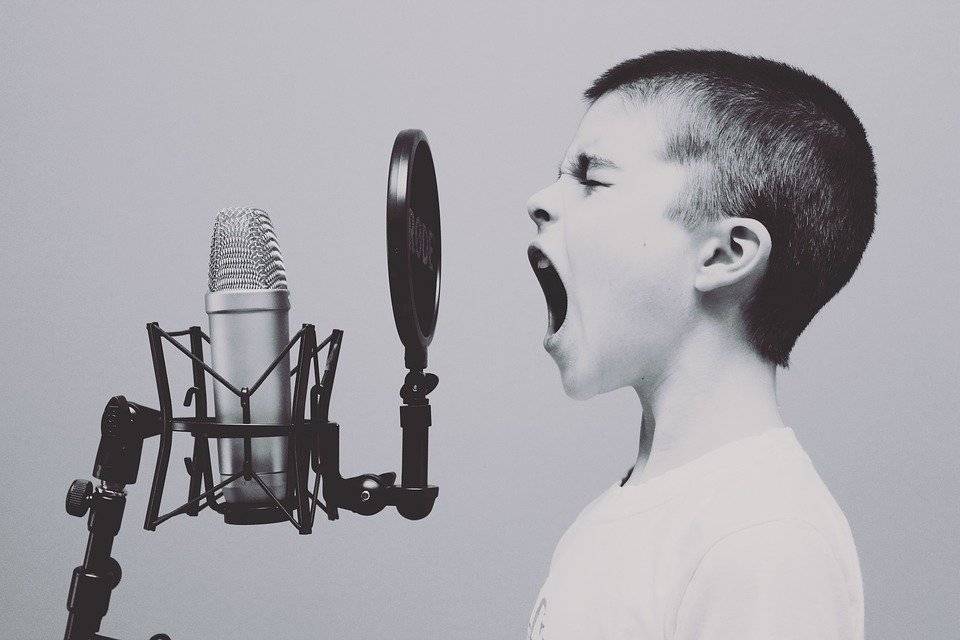On March 10, 2015, a panel of eight jurors of a California Federal Court found the artists Robin Thicke and Pharrell Williams guilty of copyright infringement in a plagiarism suit filed by the heirs of artist Marvin Gaye, alleging that the 2013 hit “Blurred Lines” by Thicke and Williams was a rip off of Gaye’s 1977 song “Got To Give It Up”.
‘Blurred Lines’, written and performed by Robin Thicke, T I and Pharrell Williams, was released on March 26, 2013 and became an immense hit worldwide, becoming one of the best selling singles of all times. However, it soon became a subject matter of more than a year long legal dispute after the family of Gaye alleged that the 2013 hit infringed the copyright of Gaye’s song ‘Got To Give It Up’.
In August 2013, Thicke, Williams and T I filed a pre-emptive lawsuit, suing the Gaye estate and Bridgeport Music to protect their song from the adverse claims by the Gaye family, pertaining to copying of ‘feel’ and ‘sound’ of Gaye’s song. The Gaye family was accused in the plaint of making invalid claims and it was claimed by the plaintiffs that there was no similarity between the two songs. The plaintiff sought a declaration that the song ‘Blurred Lines’ does not violate the copyright of the defendants.
However, in October 2014, the District Court of California ruled that the Gaye family’s lawsuit against the singers could proceed since they had sufficiently shown that the elements of ‘Blurred Lines’ were substantially similar to ‘Got To Give It Up’. The trial accordingly began on 10th February, 2015.
On Tuesday, 10th March, an eight person panel after hearing the claims made by both the sides, came to the conclusion that Blurred Lines has indeed infringed on the copyright of Gaye’s 1977 hit, bearing too much of a resemblance to the latter, and ordered Thicke and Williams to pay up nearly $ 7.4 million to the Gaye family. T I was not found liable. The Gaye family had originally made a claim for $ 25 million.
The decision has come under severe criticism by the Music Industry which claims that it sets a dangerous precedent. Copyright suits in the music industry are commonplace, however, very few such suits make it to trial because judges have always carefully drawn the line to prevent any lawsuits alleging infringement of a non-protectable idea and even the most high profile disputes have been settled out of court.
Two kinds of copyright protection generally apply to songs – Copyright protection to the sound recording protects the performance of the song. It protects the license of the actual playing of the song which is between the artist and the record label, while that of the musical composition protects the sheet music and the words of the song which belong to the composer, lyricist and the people involved in coming up with the song.
Since the Gaye family only owned the sheet music, they could not play the actual sound recording in the court for the jurors who could not listen to both the songs side-by-side. The jury were only made to listen to a stripped-down version of the song where Gaye’s voice, percussion and the backing vocalists were not a part of the song.
Skeptics have said that this could potentially cause a chilling effect on song-writing and creativity. Copyright only protects the expression of an idea, and not the idea itself. If copyright is extended to protect the “feel” or “vibe” of a song, it will blur the lines of to what extent can a musician or artist be sued for infringing the copyright of another song, because both of them invoke a certain kind of similar feel in the mind of the listeners, which could potentially suppress musical genius.
